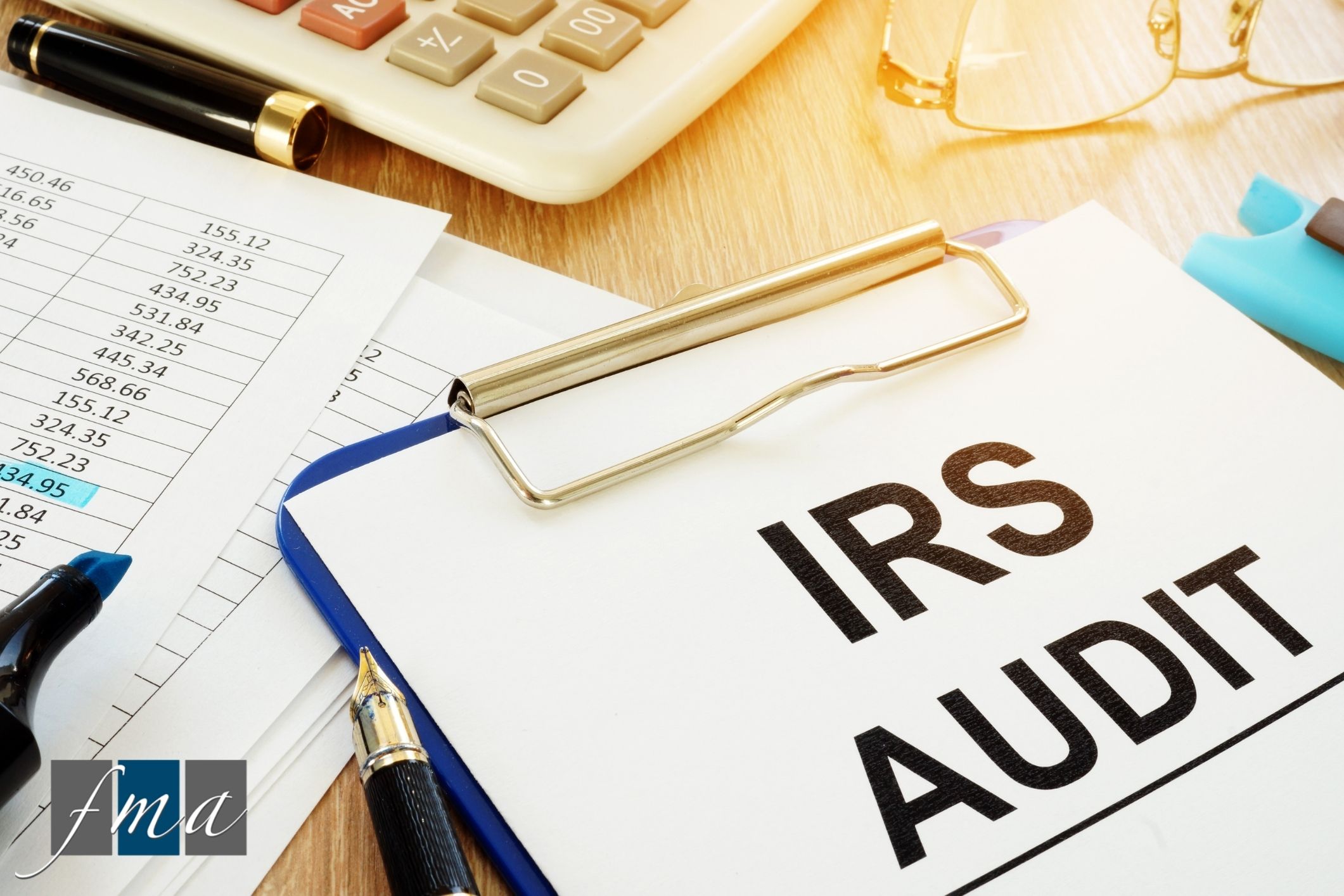
Let's face it, the thought of being audited by the IRS fills everyone with anxiety. Audits will cost your business time and money. Besides, it's an exercise no small business owner wants to go through.
IRS audits are a fact of life, but this doesn't mean you have to be among the unlucky few audited every tax year. Some audits are random, but mistakes made by the taxpayer trigger the majority of these actions.
Do you want to learn how to avoid an audit? The key is to stay on the right side of the IRS and understand the process. Below is a list of red flags that can trigger an IRS audit.
While this may sound straightforward enough, many filed returns are selected for audit due to avoidable mathematical mistakes. Since the IRS system is automated, it will not fail to detect any discrepancies.
A small error is likely to set off IRS bells and increase the chances of an audit. When filing your returns, ensure all columns add up, or better yet, enlist a business accountant to make sure all the entries are accurate and precise.
Also, don't round off numbers on your tax forms. Rounded numbers can indicate dishonesty or a lack of precision – characteristics that increase your risk of being audited. Filing your returns electronically can prevent some of these mistakes and lower the chances of an audit.
How to avoid an audit: Remember to stay organized and keep accurate records.
When dealing with the IRS, honesty is truly the best policy. You must include all monies earned, no matter how negligible the amount. Make sure you capture deductions and credits as well. If you under-report income to reduce your income tax and get caught, you'll have to pay back-taxes, penalties, and added interest.
It's better to be safe than sorry. So, don't overstate your expenses to lower the amount of tax you owe. Be sure to keep reliable records of your receipts as proof.
A good strategy of how to avoid an audit is to include explanations for everything, especially if there's something unusual about your return. Explain on paper, if you must. A type-written note explaining inconsistencies from previous years' returns, losses, or significant changes in income levels will suffice in many cases.
Being truthful is an absolute must if you're to reduce the chances of an audit.
Don't overlook the simple things. Besides signing your returns, check that your address and social security address details are filled in the correct format. Whereas the IRS will not automatically audit you if you fail to sign your return, the goal is to stay under the radar. Failing to sign is an issue that'll bring you unwanted attention.
If you repeatedly forget to sign, the IRS could consider this a deliberate pattern, and you could be liable to face fraud penalties.
The devil is in the details; leave nothing blank. Answer every question and fill in every line. Don't leave any room for assumptions.
Tax deductions are great, and you should always take advantage of them. However, unusual or unrealistic deductions may raise a red flag. Only itemize deductions if you have the necessary paperwork. The following deductions are often abused and tend to draw the attention of the IRS:
If you're self-employed, use Schedule Cs with caution, as they're often heavily scrutinized. Tax law is quite complicated, so be sure to follow instructions to the letter. You could also incorporate or form a limited liability company. Doing so will reduce your odds of being audited, and you'll qualify for more deductions.
Cash-based businesses (bars, restaurants, and hair salons) are some of the IRS's favorite targets. If your practice requires you to keep your own books, you're also more likely to be audited. Other actions, such as putting family members on the payroll and overestimating business expenses, can also make you an easy target.
In short, don't push the envelope. Being on the straight and narrow will always be your best strategy.
What should you do if you trigger a tax audit? The best strategy here is to be as honest as you can be. Respond to any inquiries from your auditor promptly and show all your documentation. If possible, have a tax professional present.
Are you looking for a first-rate business advisory services in Clearwater to help you out with your business taxes? BAAP CPA is a business advisory in Tampa that offers strategic accounting and business consulting. Our CPA in Clearwater will make sure your tax return is accurate.
As a reputable firm, we have the expertise to undertake thousands of error checks and guide you on what to expect and how to prepare for an audit if selected for one. We also work with individuals, and our services include personal tax filing. Get in touch today to schedule a free consultation.